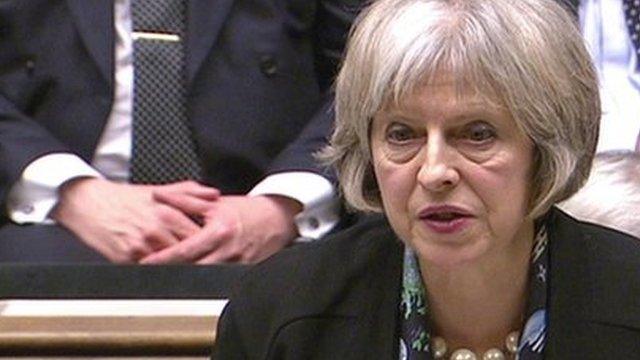Syria: 'Growing confidence' MPs will back UK airstrikes
- Published
- comments
The prime minister said the UK faced "a direct and growing threat"
Ministers are increasingly confident they can get approval from MPs for the UK to launch airstrikes against Islamic State in Syria, the BBC has been told.
Defence Secretary Michael Fallon has begun talking to Labour MPs to try to get the vote through the Commons.
Downing Street says there is still no timetable for a vote on extending UK military action but it is thought it could happen before Christmas.
PM David Cameron dismissed suggestions action depends on UN authorisation.
Speaking during Prime Minister's Questions, he said that while a United Nations security council resolution was welcome, he believed it was not necessary and he would not "outsource to Russian veto" decisions about Britain's safety.
Labour urged Mr Cameron to seek a UN resolution.
It comes after he promised a "comprehensive strategy" to win MPs' backing for bombing IS in Syria - in the wake of Friday's Paris attacks.
'Going to war'
Ministers believe around 20 Conservative MPs are still unlikely to support air strikes but that others have changed their minds since the government lost a vote on intervention in the Syrian conflict in 2013.
The BBC's chief political correspondent Vicki Young said the government increasingly believes it can call on the support of enough Labour MPs, as well as other parties such as the DUP, to get parliamentary approval and that a senior cabinet minister had told the BBC "we're going to war".
In other recent developments:
Foreign Secretary Philip Hammond says European governments need to improve intelligence and security cooperation. Speaking in Albania he said Britain had complied with all requests from France after Friday's attacks
Defence Secretary Michael Fallon has said one of the Royal Navy's most advanced warships, HMS Defender, is to support a French aircraft carrier as it deploys to the Gulf to attack IS
UK shadow home secretary Andy Burnham has written to Home Secretary Theresa May warning her that planned cuts to police budgets could "put public safety at risk" in the light of the IS threat
Defence think tank the Royal United Services Institute says "the UK's reputation as a reliable military partner is being undermined" by the current inaction on IS in Syria

Analysis by Deputy Political Editor James Landale
I have been told that this afternoon Defence Secretary Michael Fallon has been briefing Labour MPs alongside one of his top military aides, Lieutenant General Gordon Messenger, the Deputy Chief of the Defence Staff (Operations) who commanded British forces in Helmand.
Mr Fallon is also planning to brief Labour MPs collectively at an open meeting in a couple of weeks' time, followed by another briefing for Tory MPs.
And while Downing Street is still insisting that there is no guarantee there will be any vote over military action, that the prime minister will act only if he is absolutely certain of winning that vote, ministers believe the momentum is moving their way.

In 2013, MPs voted against UK military action against President Bashar al-Assad's government in Syria, but later approved British participation in air strikes against Islamic State extremists in Iraq.
Earlier this month, the influential Commons Foreign Affairs Select Committee urged Mr Cameron not to join the coalition bombing IS in Syria.
However, following the Paris attacks linked to IS militants, the prime minister said the case for UK action had been strengthened.
He said he would set out a "full spectrum" approach to taking on IS in Syria, including military action, counter-terrorism, humanitarian support and strategies for "defeating the poisonous narrative of extremism".
Mr Cameron has previously promised British involvement would not be extended without Parliament's consent and said he would hold another vote only when he was sure of a "consensus" among MPs.
The BBC's Ross Hawkins says that while plenty of MPs think a vote before Christmas is likely, Downing Street has dismissed the reports of a timetable as speculation.
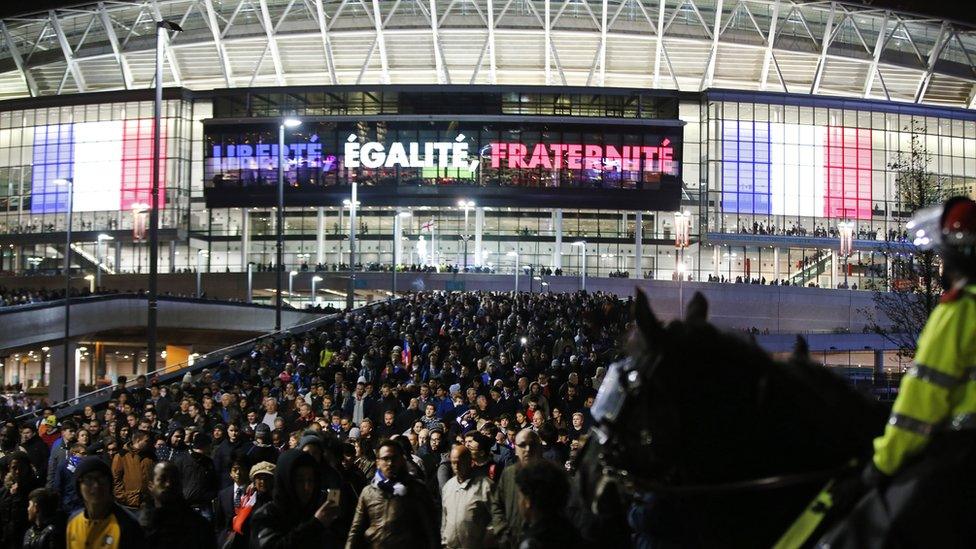
There was extra security at Wembley on Tuesday during a match between France and England
'Moral issue'
Labour's shadow foreign secretary Hillary Benn said: "We want to see there being a UN Security Council resolution, which is why we are calling - Jeremy Corbyn and I - are calling on the prime minister to go and seek such a resolution."
Labour leader Mr Corbyn said on Tuesday that any military response should have the support of the international community and the UN, but he has faced criticism from many of his own MPs for his refusal to back further UK involvement in Syria.
Labour MP John Woodcock told the BBC on Wednesday he believed a "significant number" from his party would support strikes, himself included, once they had seen a broader plan.
The SNP has said it is opposed to military action without a specific UN mandate while the Lib Dems could also insist on similar conditions.
Meanwhile, former chief of the defence staff Lord Richards told BBC Radio 4 there was already a strategy to take on IS, but it was "too slow and ponderous" and the involvement of RAF Tornados in Syria could help give it "oomph".
"Those eight aircraft, although they are old, are actually very capable," he said.
He continued: "There is [also] a moral issue... there are tens of millions of people in the region, particularly in Syria, who are begging for help and it's in our interests to do so too."

- Published18 November 2015
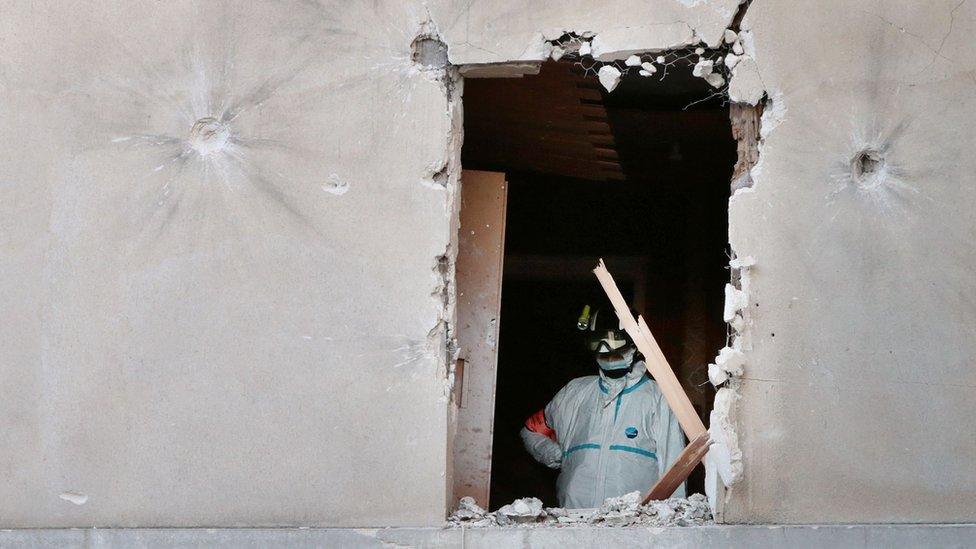
- Published17 November 2015
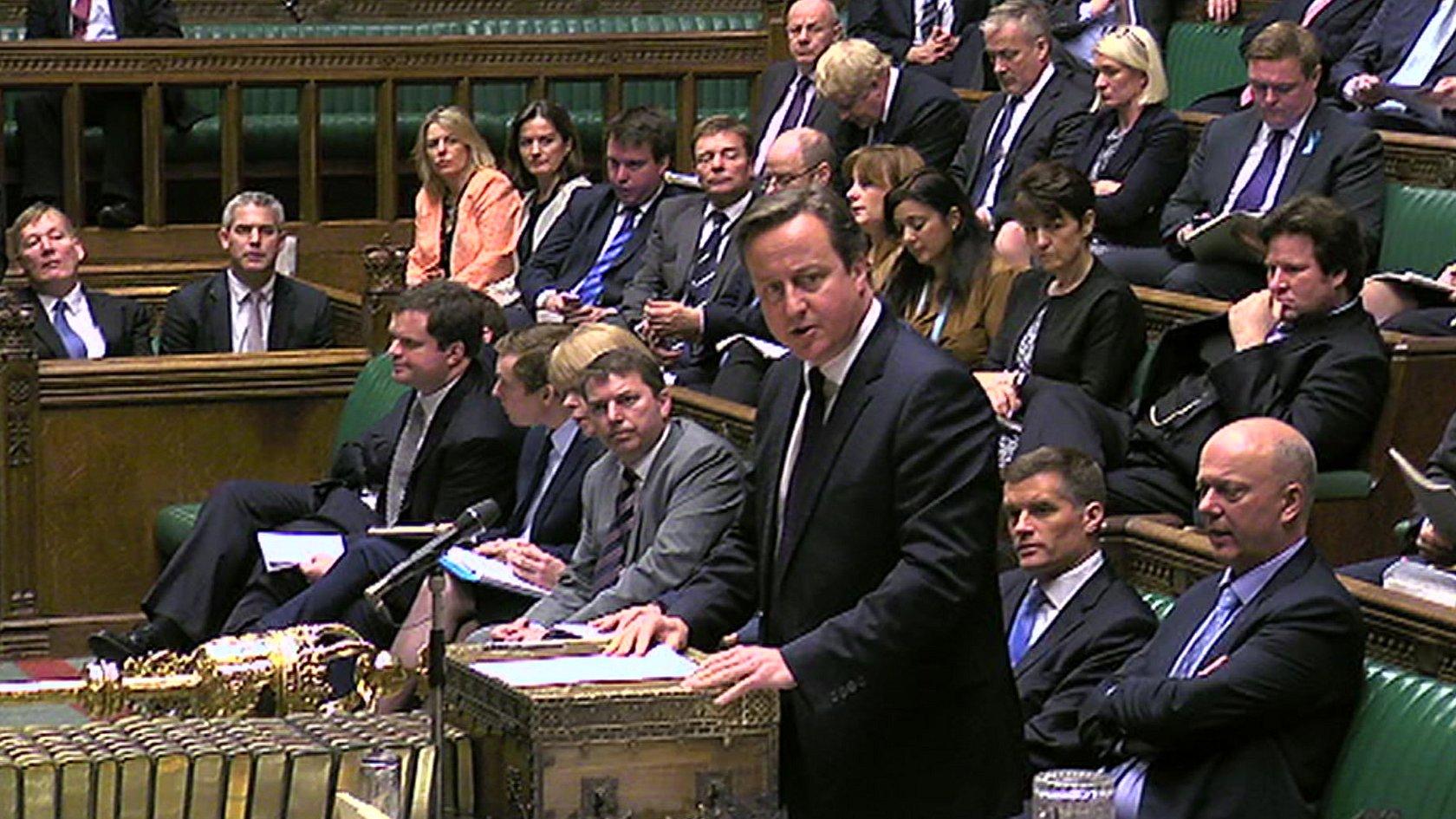
- Published17 November 2015
- Published17 November 2015
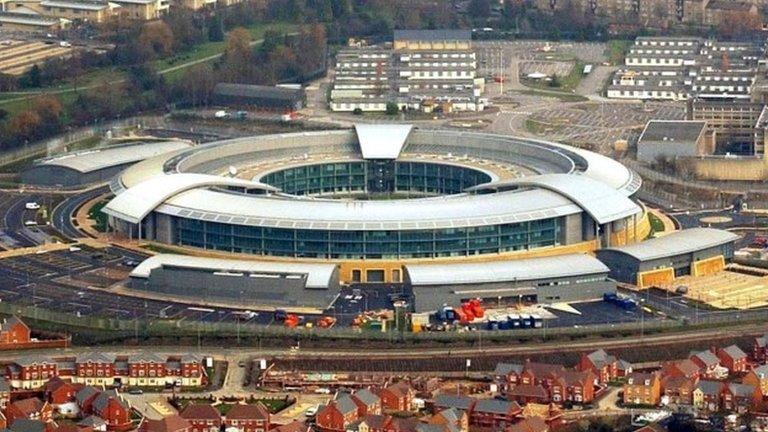
- Published16 November 2015
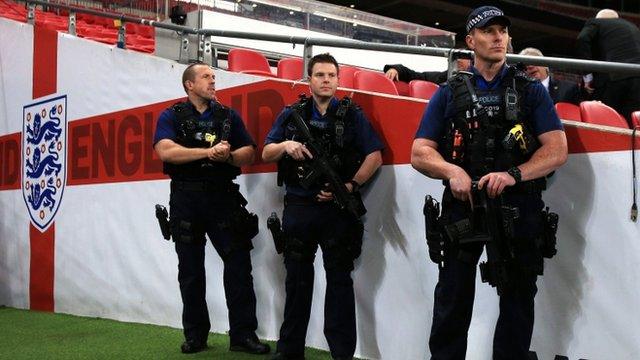
- Published16 November 2015

- Published16 November 2015
- Published16 November 2015
